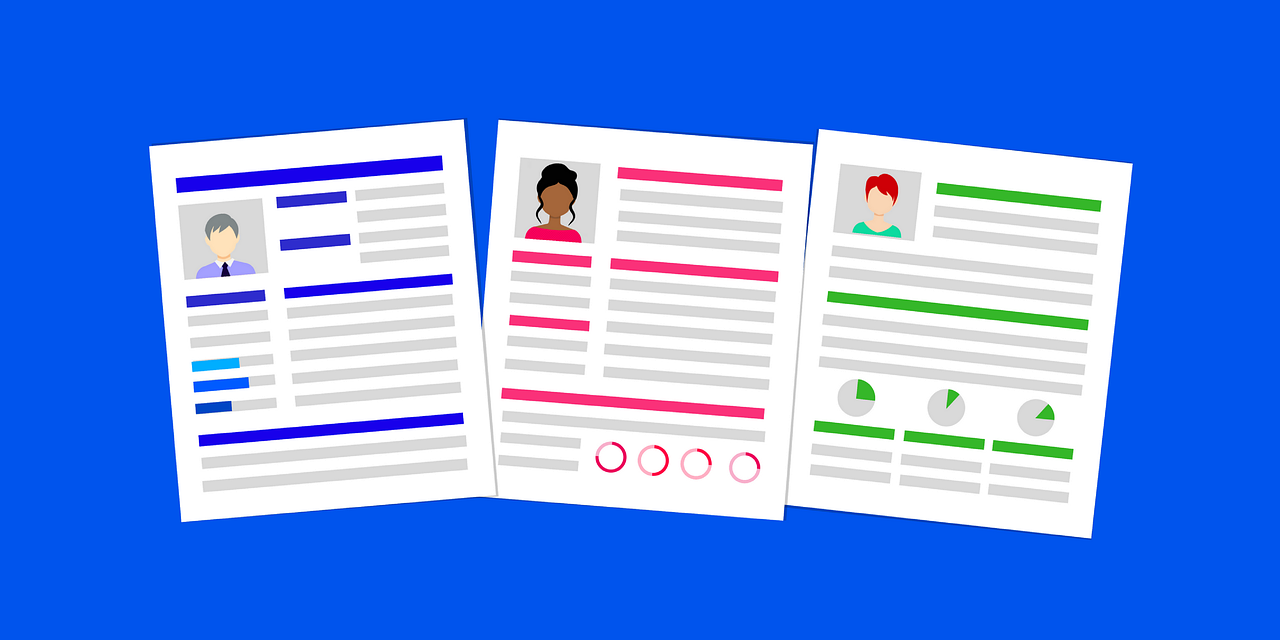It’s likely your company will already have screening measures in place when hiring new candidates.
Screening for factors such as work history, educational background, drug use and criminal background are routine recruitment practice across many organizations.
But what about personality? How does your company ensure the candidate your hiring is the best fit the role, your business and the wider company team? By using personality tests during recruitment, you can strategically ensure that you are hiring the best possible candidate for the role.
Benefits of using personality tests for recruitment
There can be many advantages to using personality tests during your hiring process. In today’s competitive market, personality tests can help you narrow down the candidate pool before they even reach the in-person interview stage.
At the interview stage, personality tests can help the interviewer ask questions that delve deeper into the skills and behaviors demonstrated in the personality assessment results. This allows the interview to gauge a deeper understanding of the applicant and whether they would be a suitable fit for the team, role and organization.
When interviewing candidates, it’s important to ensure you don’t get blindsided by their charm or the initial impression they’ve made. Although a candidate may make a great first impression in the interview, it doesn’t necessarily mean they’re the right person for the job. Using personality tests alongside your existing recruitment strategy offers a more rounded and accurate representation of the candidates personality, competencies and working style. All of which will help eliminate any biases created by those first impressions upon meeting the candidate.
Personality tests you need to use in recruitment
There’s an array of personality tests available to choose from. So many in fact that it can be hard knowing which personality test is the right one to use in your recruitment process. To help you get the most out of personality tests for hiring, we’ve evaluated the most popular personality tests for recruitment and devised this list of the four essential personality tests for strategic recruitment. Measuring a variety of candidate metrics, these personality tests can be used together or in isolation to ensure you choose the most suitable candidate. By using these tests to understand the personality and emotional intelligence of your chosen candidate you can help set them up for success in their new career.
Myers Briggs
One of the most widely known and used personality tests is the Myers Briggs Type Indicator (MBTI) assessment. This personality assessment has helped millions of people worldwide gain insights about themselves and how they interact with others. Used by over 88% of Fortune 500 companies, the MBTI assessment can be described as the go-to framework for people development across the world.
The Myers Briggs Type Indicator assessment comprises 16 different personality types based upon Carl Jung’s theory of psychological type. The MBTI assessment is a great indicator of cultural fit. Understandings from this personality test can help HR employees to manage personal development, support team and leadership training, diffuse workplace conflicts and evaluate career change, and transitions.
It’s important to note that the Myers Briggs personality test shouldn’t be used as an indicator of performance. Instead, it should be used to inform decisions about whether or not the applicant would be a good cultural fit for the company and the team.
DISC profile
The DISC profile has far fewer personality traits that the Myers Briggs personality test; four to be precise. These 4 personality traits are reflected in the name of the personality test which is an acronym for Dominance, Influence, Steadiness, and Conscientiousness. The Everything DISC profile is a shorter and more user friendly version of the DISC personality assessment making it great for use during the interview stage of the hiring process.
The DISC personality test is great for measuring a job applicant’s temperament. However, DISC is ipsative which means it isn’t possible to compare candidate results to one-another. Without the ability to compare test takers’ scores, the test can’t be used to predict future behavior. Instead, DISC should be used to review the potential strengths and weaknesses of each candidate.
Profile XT®
If you’re looking for a pre-employment screening test that is multi-purpose, the Profile XT assessment is exactly what you need. Covering pre-employment screening, selection, development, training, managing, and succession planning, this personality test is an all-encompassing assessment for evaluating the suitability of job candidates.
This employee assessment measures how well an individual fits specific jobs in your organization, and the results can be used during the training or succession planning stages. The Profile XT is customizable allowing you to alter the test to suit your company requirements.
Thanks to its extensive nature, including 20 performance indicators, behavioural traits, interests, aptitude, thinking and reasoning, the Profile XT assessment can be used for candidate matching. As a result, you are able to compare candidates, deduce how well suited each of them are to the role, and find the best-matched candidate for that specific job.
California Psychological Inventory
During the hiring process, it can be difficult to determine how a candidate will handle workplace challenges, relationships and tasks. Understanding a candidate’s competencies and, in particular, how they may react under certain circumstances is crucial for confidently evaluating whether they’ll be successful in the role they’re applying for.
The California Psychological Inventory (CPI) can help remove the guesswork around candidate competencies. This personality assessment offers feedback on work-related characteristics such as sociability, conceptual understanding, and independence. By assessing these characteristics, the CPI can forecast how candidates may react under specific circumstances.
Role-specific personality tests
When hiring for a specific role, you may find that there are role-specific personality tests that you can use to determine candidate suitability.
The Profiles Sales Assessment can be used to measure how well an applicant fits a Sales role so that you can optimize your company sales performance. For customer service roles, you can use the Customer Service Profile to see whether an applicant has the right behavioral characteristics to provide outstanding customer service. Moreover, when hiring for a managerial role it’s important that they will fit the company and team dynamic. By using the Profiles Managerial Fit assessment you can evaluate whether an applicant has the correct managerial style to suit the required supervisor-subordinate relationship.
Personality assessments for improving future performance
It’s important to continue with personality assessments after the hiring process. By testing employees frequently throughout their career, you can evaluate performance and help candidates further themselves with their career.
Personality tests can be advantageous for your organization. By integrating personality assessments into your candidate screening process and employee training program, you can leverage employee happiness and productivity and, in turn, boost the success of your organization.




